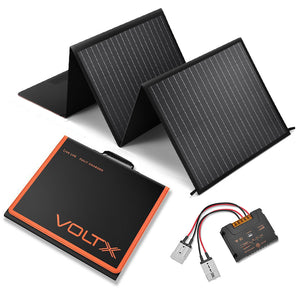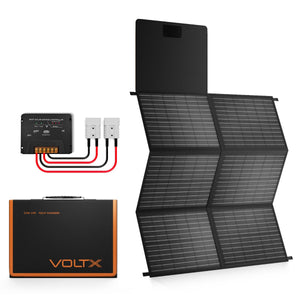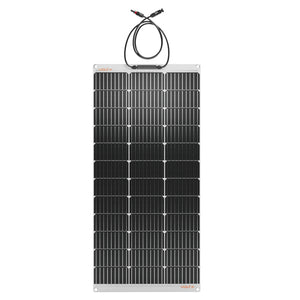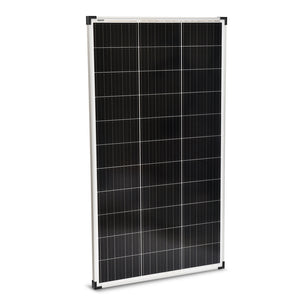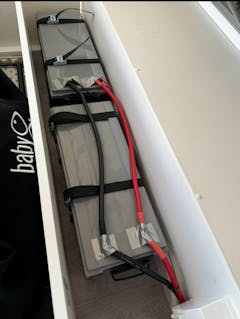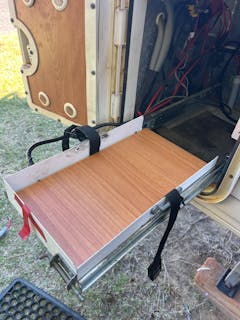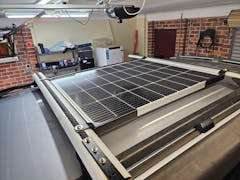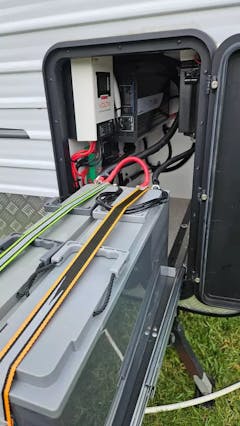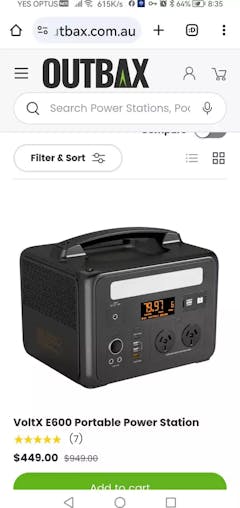Solar energy has the additional benefit of being completely accessible to those who live even in remote areas, as long as there is some sunshine. This is an especially important factor for those who live in areas where it is difficult to gain access to electricity, and for those who are always on the move - caravan owners and campers particularly in Brisbane.
What are the benefits of solar panels for camping?
Here are some of the benefits to using solar panels when you are out camping:
- Solar power is a renewable, green source of electricity that is completely free
- It allows you to travel to remote areas with no access to electricity
- You can save even more money by avoiding power site fees
- You will be free to go wherever you want without having to worry about how to power your appliances
How do you use solar panels while camping?
You can choose between two options: mounting the panels on the roof of your vehicle (recommended for tourers), or using mobile panels or roll-up solar blankets that you can place wherever they can absorb the most sunlight. The latter option is the best for campers, since positioning is fundamental to the panels functioning with the best efficiency levels.
Even small changes to the inclination can affect the output, so be careful how you align them, and always check to see if they are shaded in any way and regularly remove dust. The dust can be particularly problematic, especially for roof mounted panels that are constantly exposed. However, it is very easy to clean solar panels; they only need to be wiped down with a smooth and non-abrasive cloth.
What can you power with solar panels?
Normally, portable solar panels are used to power fridges, lights, and small devices such as laptops and TVs. The fridges consume the vast majority of the electricity, often accounting for up to 60% of the total. LED lights are highly recommended as they have a lower power draw compared to the traditional ones.
How much power can you get from solar panels?
The amount of electricity that your panels are able to produce does depend on several factors. The first of these is the fact that different sizes of solar panel all come with varying power outputs. The amount of sunlight that the panels receive also has a fundamental influence, with a lot of it being dependent on your geographical location and the time of year. Temperature is another element to consider. Contrary to popular belief, solar panels work best in cool climates at less than 25-degrees Celsius, although the power decline experienced in higher temperatures is very low.
What do you need in your solar panel camping kit?
A few things are required for you to have a complete solar panel camping kit. The first of these is ensuring that the panels are portable and compact. This is the reason why many people choose thin film panels.
You will also need a solar battery, plus an inverter and solar regulator, also known as a charge controller. This is essential to avoid damage to your battery caused by overcharging.
You are able to choose from three different types of solar panel. The classic panels are made from crystalline silicon and come in monocrystalline and polycrystalline models. The former of these are more efficient when it comes to converting sunlight into energy, which also makes them more expensive than their polycrystalline counterparts. These are the first two types of panel.
Choosing a battery for camping is a lot easier, since the deep cycle models come highly recommended. This is because they can be discharged many times without reductions to their efficiency rating. However, discharging the battery below 20% will negatively impact on its total lifespan.
An inverter is also needed to convert the DC power generated by the solar panels into AC power that all of your appliances are able to use. When choosing your inverter, you must ensure that it will power your devices to an acceptable level.
